Are Direct-To-Consumer Clubs As Good As Those From Mainstream Brands?
Golf Monthly driver and irons tester Joe Ferguson has been examining the rise of the direct-to-consumer brand within golf and how it could benefit you…

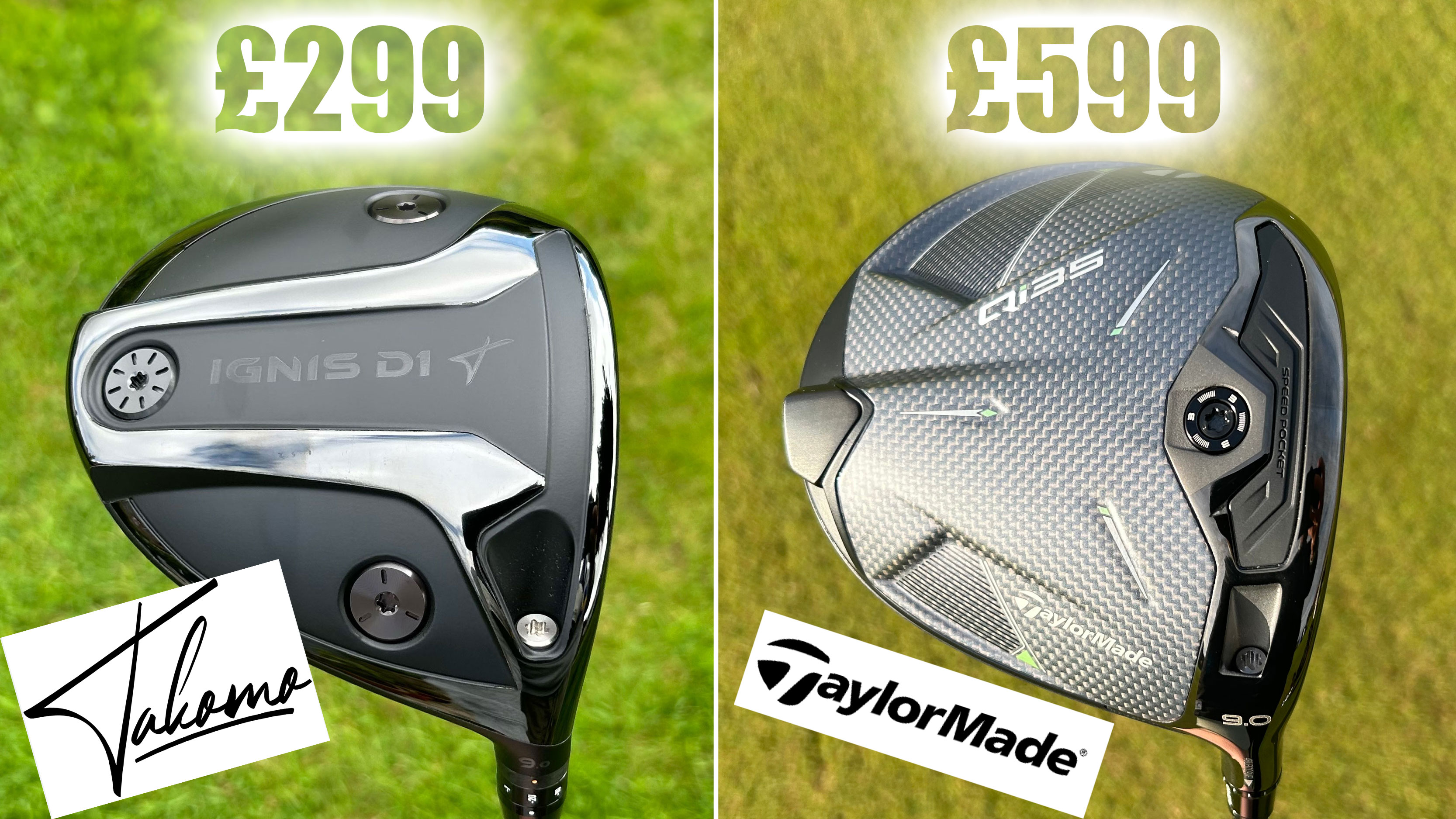
The golf equipment industry has long been dominated by just a handful of major brands, but a new wave of direct-to-consumer (DTC) companies is beginning to seriously challenge that status quo.
These DTC brands, operating without the overheads of traditional retail channels, promise high-level performance and craftsmanship at a fraction of the cost. As a gear tester fortunate enough to try every club on the market without any bias, I’ve had a front-row seat to this evolution, and I have to say, the answer to that question is more nuanced than ever.
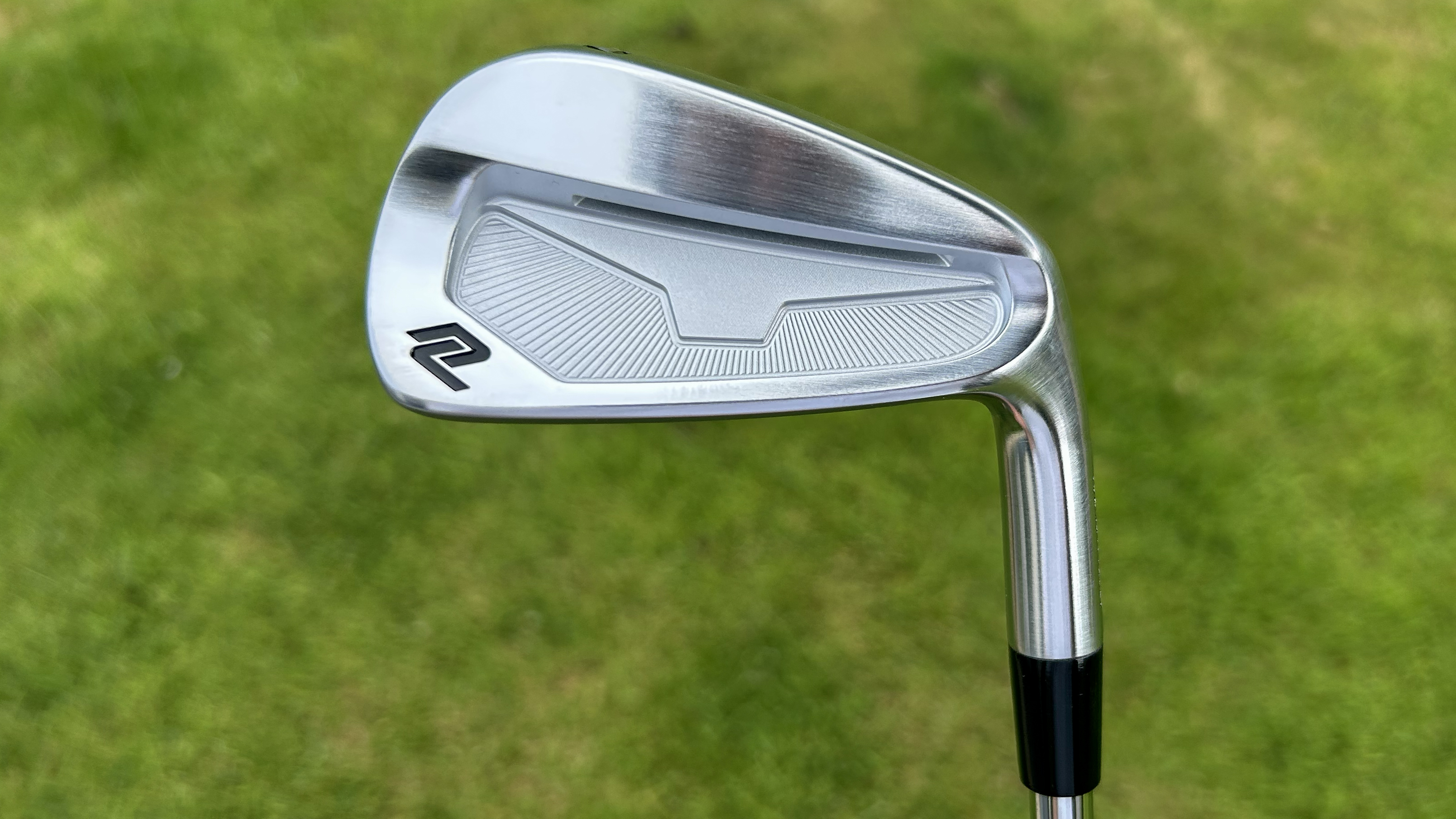
The DTC New Level 702 CB irons
The DTC model is built on one simple principle: cutting out the middleman. By selling clubs directly from their factory to your door, companies like Takomo, Ben Hogan, and New Level Golf can significantly reduce the price of their products, which obviously provides a huge benefit to the customer.
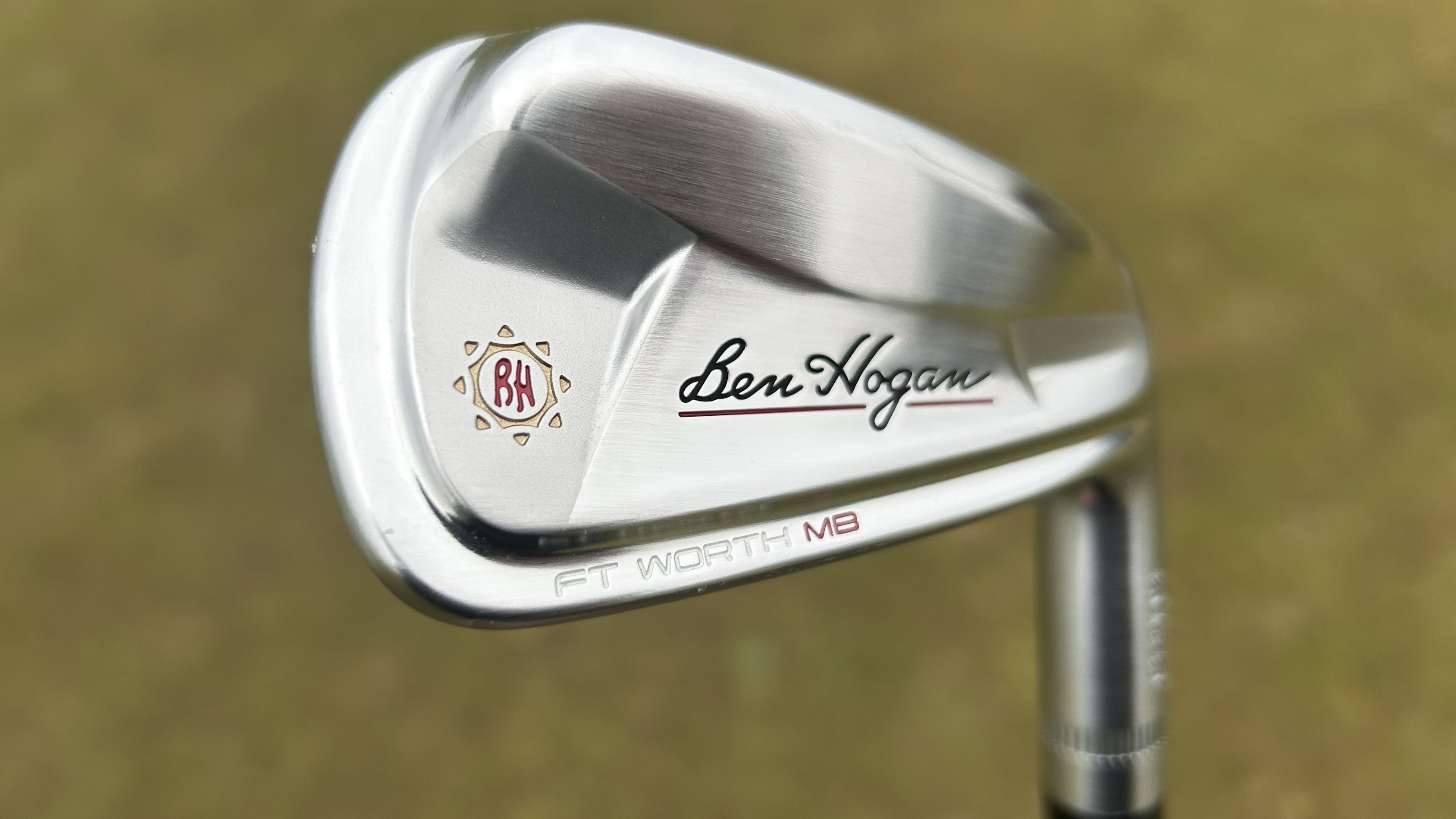
The Ben Hogan Ft Worth MB iron is one of the most beautiful irons on the market, in my opinion, DTC or otherwise
For a game that has long been perceived as prohibitively expensive, this is a very welcome development within the golf equipment space. This business model also allows for a more direct line of communication between the consumer and the brand, often leading to more bespoke, player-focused designs. As an example, if you are purchasing a set of irons with New Level Golf, you can specify your requirements down to the color and style of the ferrule!
Watch: Joe Ferguson wins a PGA event with a full of set of DTC clubs
Having recently competed in a PGA tournament and somehow won(!) with a full set of DTC golf clubs, I can personally vouch for the quality of some of the products on offer from equipment companies you may not be fully familiar with.
In the iron category, I wholeheartedly believe the once fairly large performance gap between DTC brands and the major manufacturers has all but vanished. This is a bold statement, but after testing countless sets, I would have absolutely no hesitation in putting several DTC irons in my bag for a competitive professional round right now.
Subscribe to the Golf Monthly newsletter to stay up to date with all the latest tour news, equipment news, reviews, head-to-heads and buyer’s guides from our team of experienced experts.
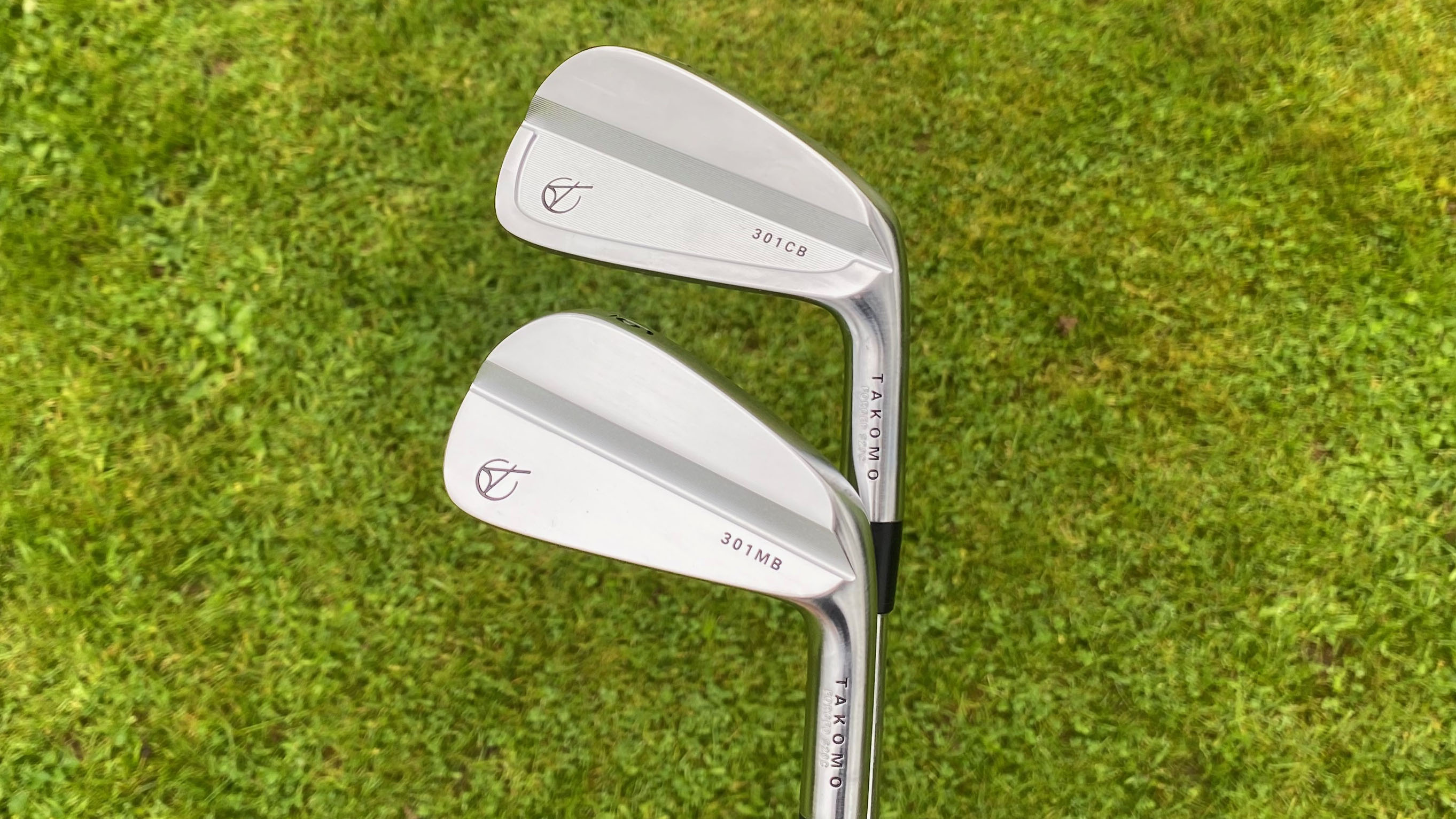
The 301 MB and CB irons from Takomo have been used on the PGA Tour
The Takomo 301 MB, with its classic blade profile, and the 301 CB, with its excellent blend of forgiveness and feel, are both exceptional and would certainly be contenders for that spot. In fact, Wesley Bryan has regularly played both of these models on the PGA Tour over the past couple of years, highlighting their tour-level quality.
The Ben Hogan Ft Worth MB is another model that I believe comfortably holds its own against any of the best blades on the market, while the New Level 702 CB offers a stunningly clean aesthetic and exceptional performance.
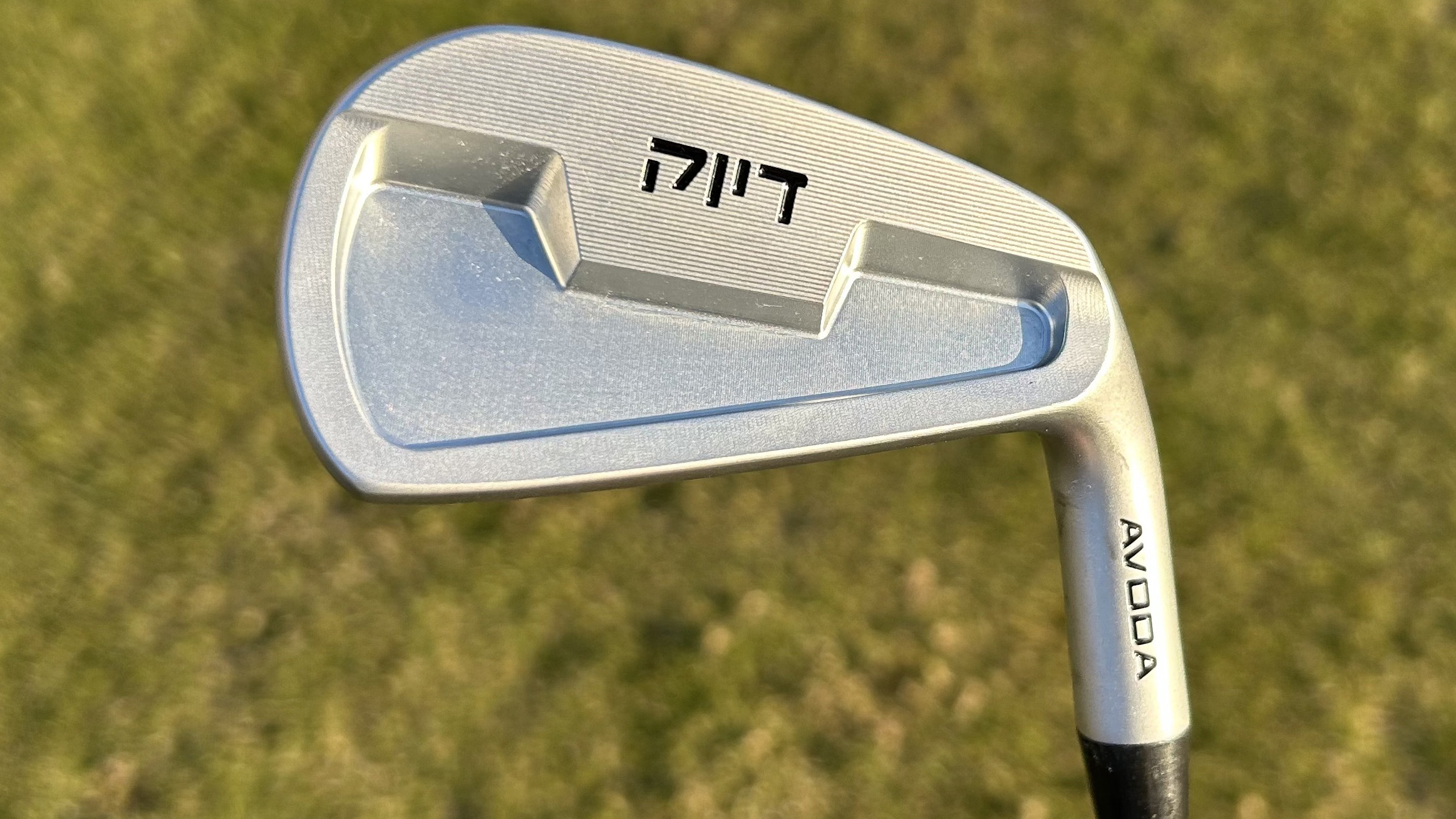
Avoda Golf who made Bryson DeChambeau's US Open winning irons are a DTC brand
The build quality, feel, and performance of these irons are on par with, and in some cases even surpass, what the big brands are offering. For me, models like these are proving that tour-level craftsmanship and feel are no longer a luxury reserved for those with deep pockets.
When it comes to drivers, however, in my experience, the playing field is not quite so level. The sheer amount of research and development (R&D) and prototyping involved in making a golf club as complex as a driver is staggering. It’s a process that often involves multi-material crowns, variable face thickness, and intricate internal weighting systems, all designed to maximize ball speed and forgiveness.
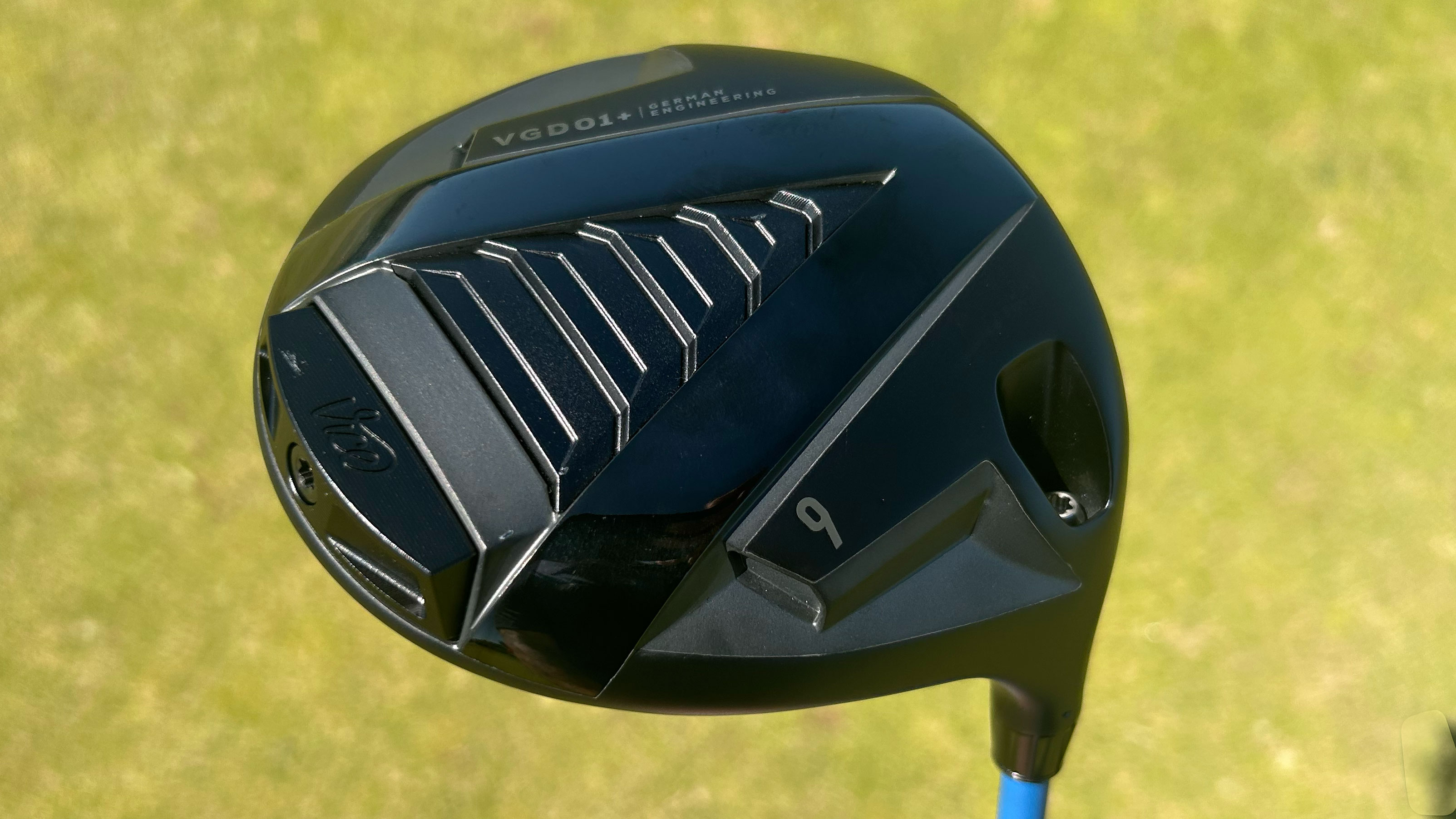
The Vice Golf VGD01+ driver is an excellent low spin option for those looking to save a little money
In my opinion, despite some much-improved models such as the Vice Golf VGD01+ and the Ben Hogan PTX LST, there is still a noticeable performance gap between DTC drivers and many of the major manufacturers.
The big brands undoubtedly have a significant financial advantage in their ability to pour millions into R&D, and this often translates into marginal but measurable gains in ball speed and stability that can make a difference in this area of the bag.
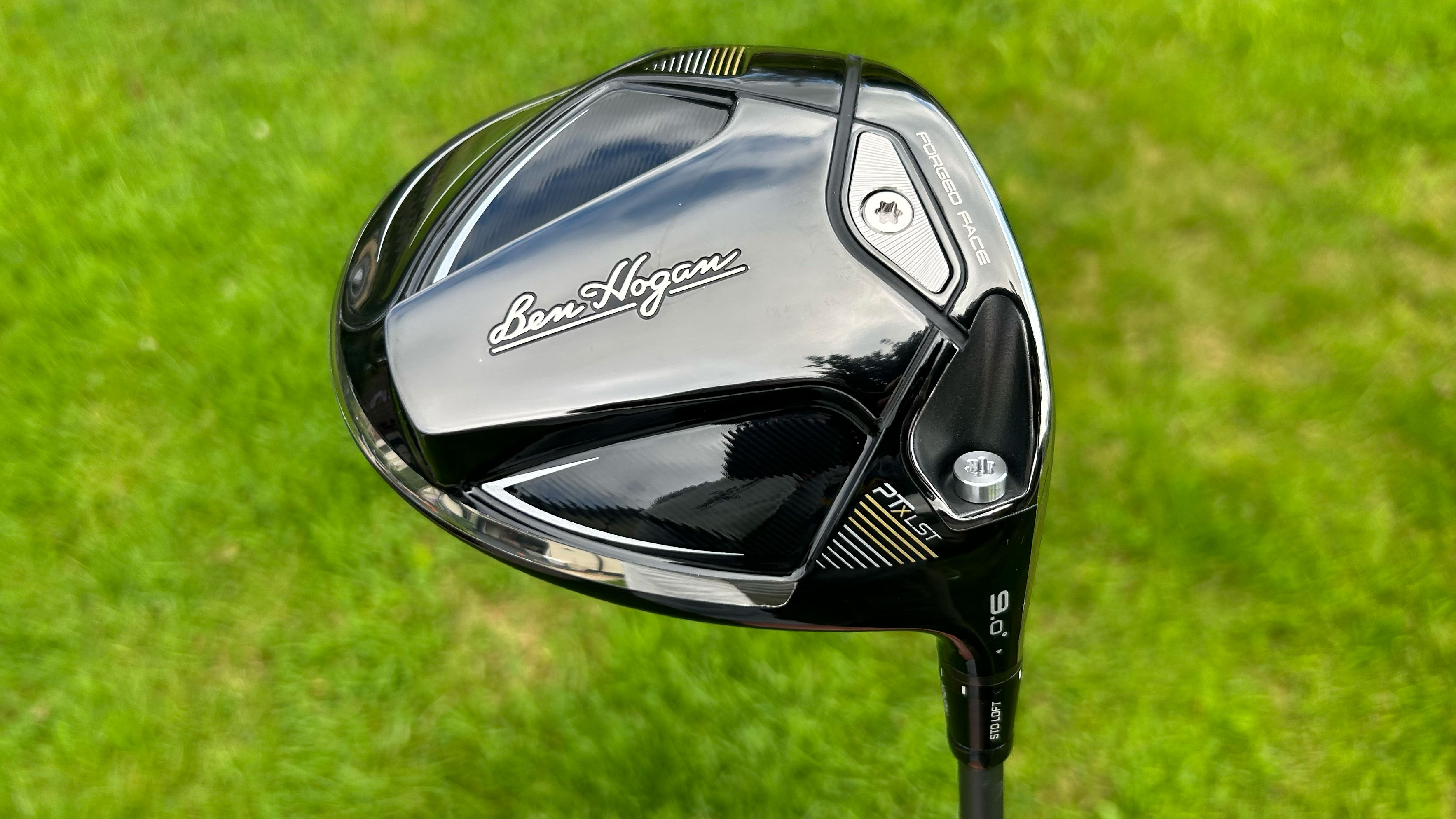
The Hogan PTX LST driver surprised me in testing with its ball speed and low spin capabilities
Many of the DTC drivers are no doubt excellent products for their price point, but for me, on the whole, they haven't quite reached the same level of refined, all-around performance as some of the best drivers from the likes of TaylorMade, Callaway, Ping, and more.
If I were forced to put a DTC driver in play tomorrow, I would likely opt for the Tour Edge C725 driver, which was hugely impressive in my testing, offering a fantastic blend of distance and forgiveness that could compete with many of the larger brands, but I would have to acknowledge I was maybe giving up a little something to the field in terms of ball speed.
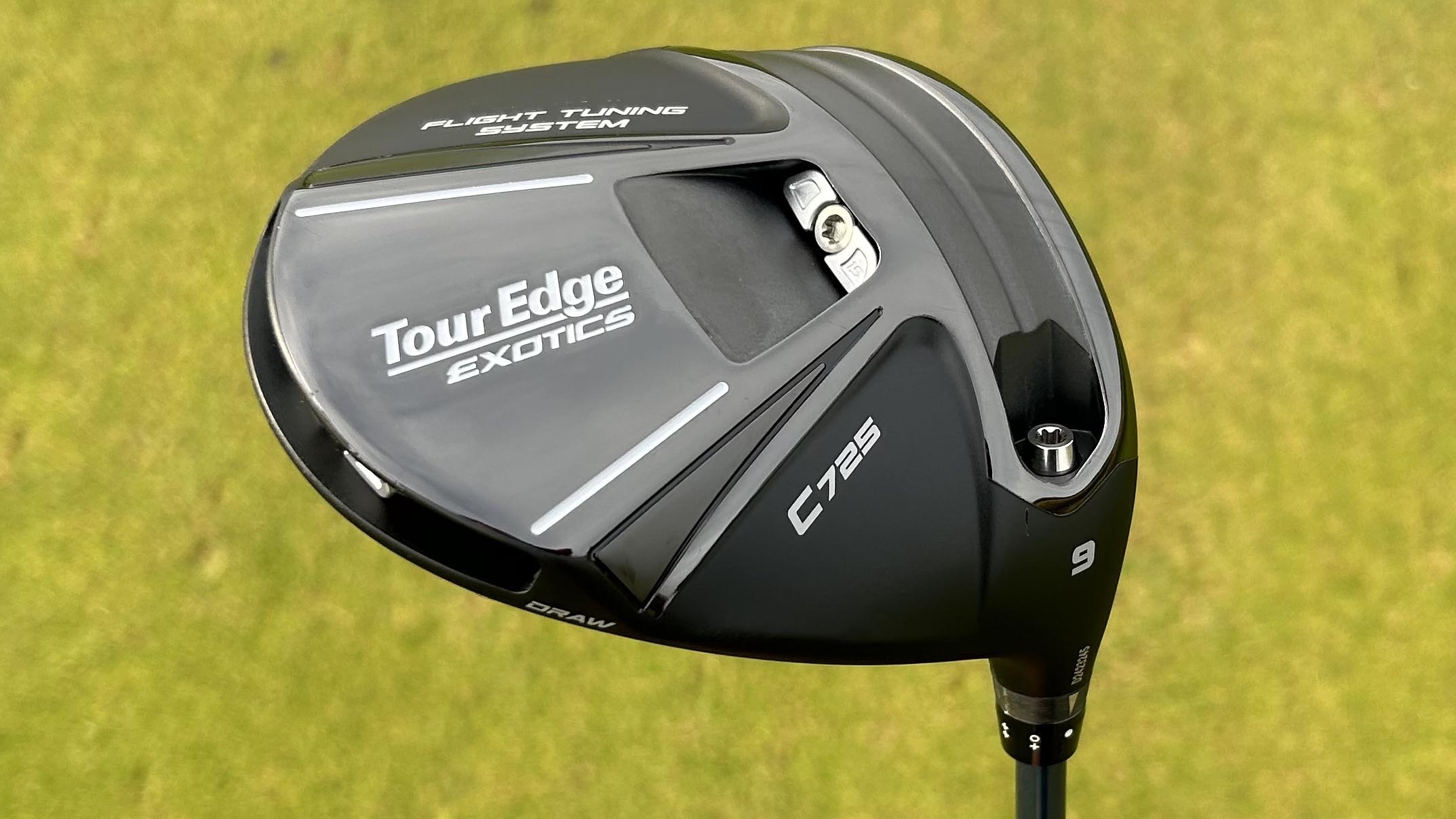
The Tour Edge C725 would be my choice of DTC drivers right now
Of course, there are some drawbacks to the DTC model, the main one being that customers cannot generally try clubs before purchase. Whereas most major manufacturers will generally supply their retail partners with demo options or a fitting cart, DTC golf brands do not have that luxury, and as such golfers are somewhat 'rolling the dice' as to whether they will actually like the performance of their purchase once it arrives.
While most DTC brands will allow customisation at checkout on their website for parameters like shaft, grip, length, lie angle etc, the lack of custom fitting will mean golfers will need to know their specs well to avoid a costly mistake.
My testing has provided me with a clear conclusion: the gap between direct-to-consumer and major OEM clubs is now non-existent in the irons category. You can buy a set of forged, high-performance irons from many DTC brands and have every confidence that you are getting a top-tier product.
In the driver and fairway wood categories, however, while the gap has never been closer, small performance differences are still regularly apparent in my testing. That said, I believe there are several pretty strong options in DTC drivers where the value proposition is undeniable.
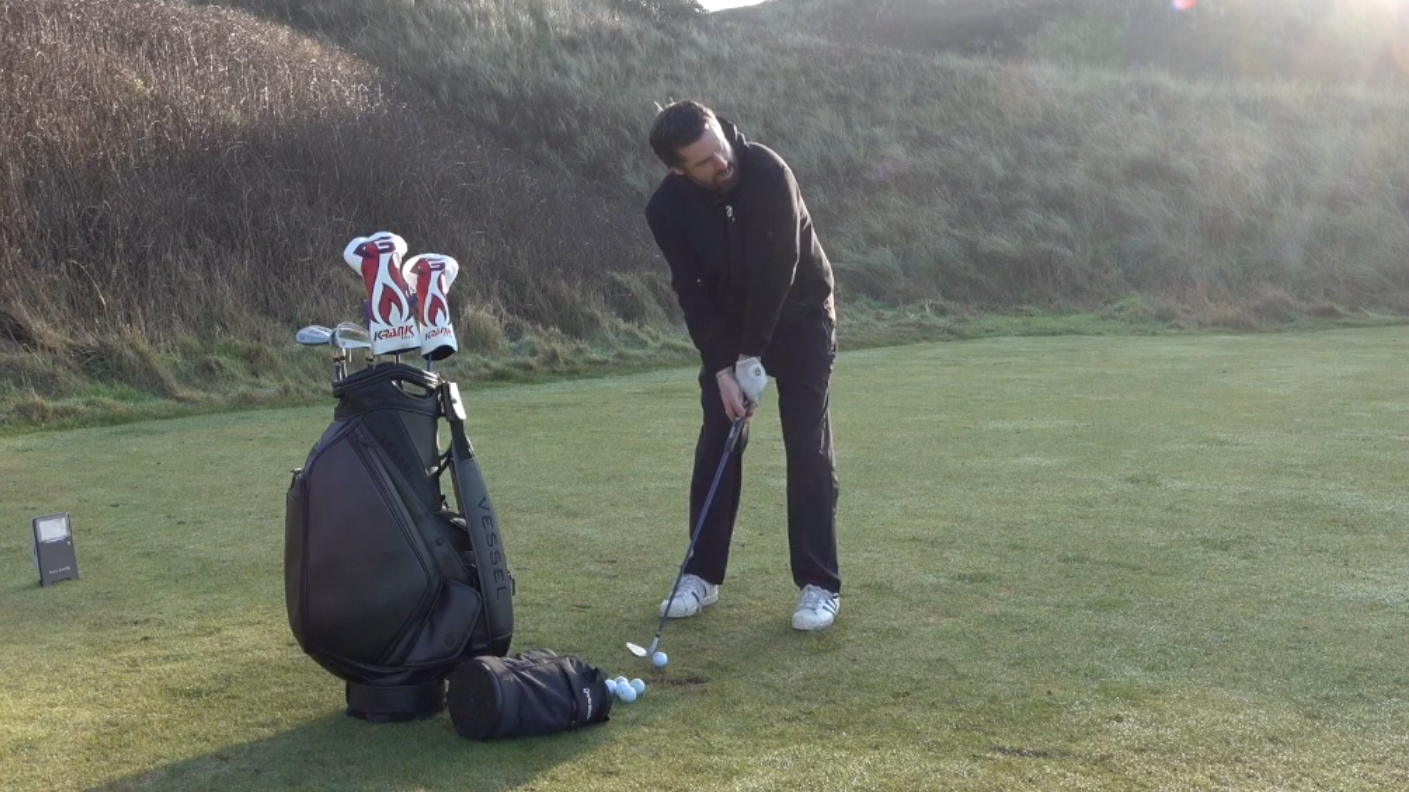
I recently won a PGA event with a full set of DTC clubs in the bag
I am in the fortunate position where I don't have to pay for my clubs, but if I were having to part with my hard-earned cash, my strategy would be simple: I would look to be saving between £400 and £700 on my iron selection by choosing a top-quality DTC brand and I would be investing that money either in a premium driver from a major OEM or, even better, in a series of lessons with a professional to improve my game.
This approach gives you the best of both worlds—tour-level performance in your irons and the opportunity to either upgrade your driver or invest in the most important club of all: yourself.

Joe has worked in the golf industry for nearly 20 years in a variety of roles. After a successful amateur career being involved in England squads at every age group, Joe completed his PGA degree qualification in 2014 as one of the top ten graduates in his training year and subsequently went on to become Head PGA Professional at Ryder Cup venue The Celtic Manor Resort. Equipment has always been a huge passion of Joe’s, and during his time at Celtic Manor, he headed up the National Fitting Centres for both Titleist and Taylormade. He’s excited to bring his knowledge of hardware to Golf Monthly in the form of equipment reviews and buying advice.
Joe lives in North Devon and still plays sporadically on the PGA West region circuit. His best round in recent years came earlier in 2023 where he managed a 9 under par 63 at Trevose GC in a Devon & Cornwall PGA Tournament.
Joe's current What's In The Bag?
Driver: Switch between TaylorMade Qi35 and Callaway Elyte TD - both with Fujikura Ventus Black 6-X
Fairway wood 1: TaylorMade BRNR Copper Mini Driver - Fujikura Ventus Black 7-X
Fairway wood 2: Callaway Apex UW 17˚- Fujikura Ventus Black 9-X
Irons: TaylorMade P7CB 3-PW with Dynamic Gold Tour Issue X100 shafts
Wedges: Callaway Opus 50, 54, and 60 degrees - Project X LS 6.0 shafts
Putter: LAB Golf Oz.1 (zero shaft lean)
Ball: TaylorMade 2024 TP5x
Grips: Golf Pride Tour Velvet 60R
Bag: Vessel Player IV Pro DXR Stand
You must confirm your public display name before commenting
Please logout and then login again, you will then be prompted to enter your display name.